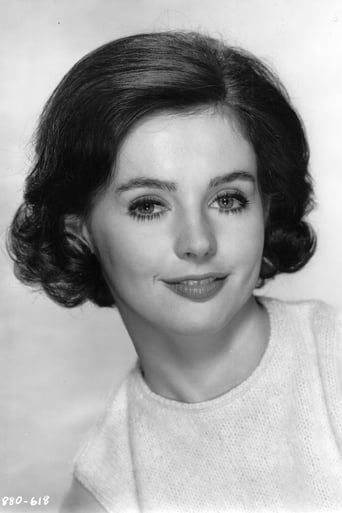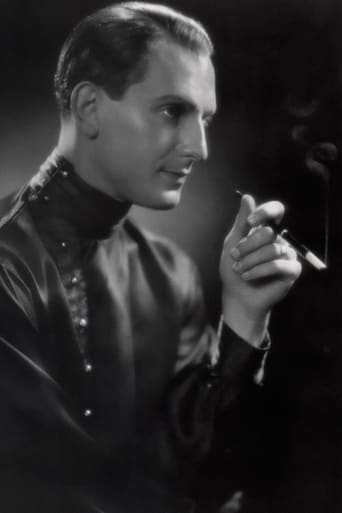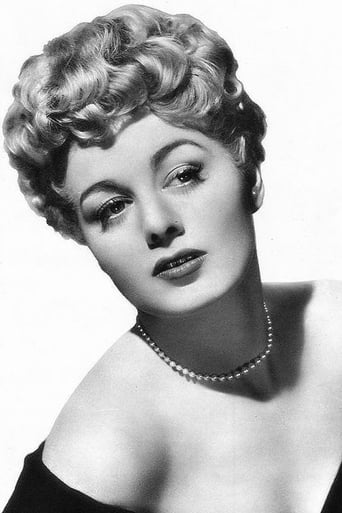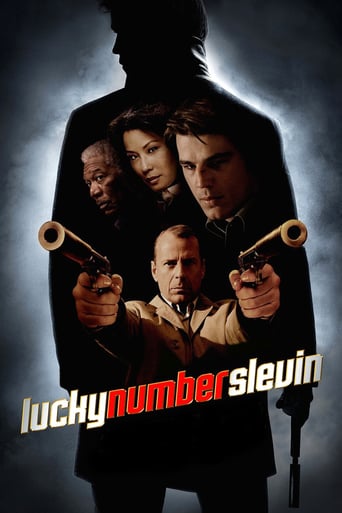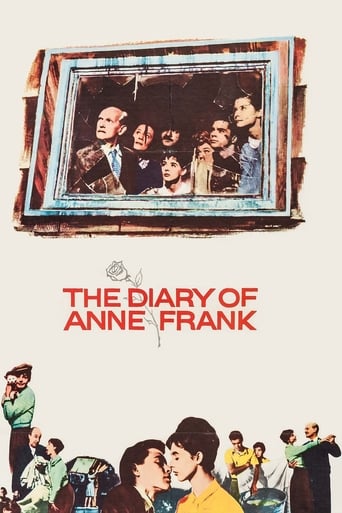
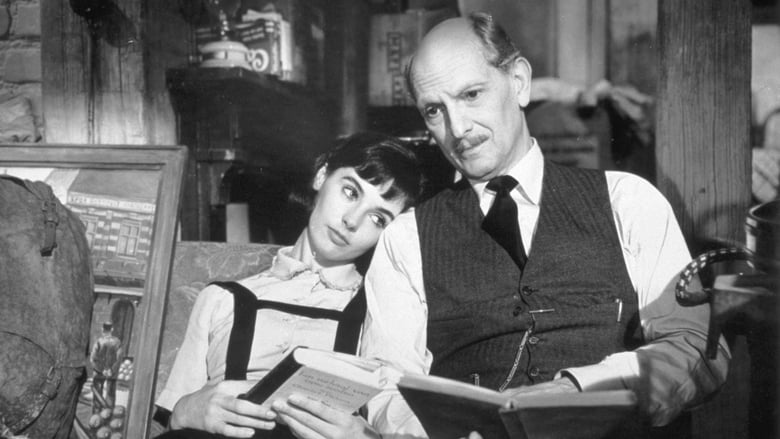
The Diary of Anne Frank (1959)
The true, harrowing story of a young Jewish girl who, with her family and their friends, is forced into hiding in an attic in Nazi-occupied Amsterdam.
Watch Trailer
Cast
Similar titles



Reviews
Good story, Not enough for a whole film
Absolutely Fantastic
Let me be very fair here, this is not the best movie in my opinion. But, this movie is fun, it has purpose and is very enjoyable to watch.
An old-fashioned movie made with new-fashioned finesse.
I do not know why you insist on listing Gusti Huber as Mrs. Frank when Joan Plowright is the obvious actress. If you look at Ms. Plowright's credits you will see she played Mrs. Frank. Joan did an amazing job with the role. I always knew it was her. So in watching it today again, after so many years and seeing ms. Huber listed, I am very confused. She was even listed in the opening credits of the actual movie. Does anyone know what happened? Of all the versions of this movie, this one was the most profound and left the longest lasting effects. I have watched every version of the movie, play , even a dance rendition and nothing can compare to this movie. I feel sad for anyone who does not catch this one first.I always thought it so kind and generous that Mr. Frank shared this very personal part of his life with us and wish I had a chance to thank him before he died.
The Diary of Anne Frank is a film based on the Pulitzer Prize winning play of the same name, which was based on the diary of Anne Frank. It was directed by George Stevens, with a screenplay by Frances Goodrich and Albert Hackett.It is the first film version of both the play and the original story, and features three members of the original Broadway cast.The movie was based on the personal diary of Anne Frank, a Jewish girl who lived in a hiding place with her family during World War II. All her writings to her diary were addressed as 'Dear Kitty'. The diary was published after the end of the war by her father Otto Frank. By this time all his other family members were killed by the Nazis.This is the autobiographical drama of a young Dutch Jewish girl hiding from the invading Nazis during World War II. Anne and her family share a claustrophobic attic with another family. Tension is often unbearable, as the people hiding know that their discovery by the enemy could lead to almost certain death at the hands of their captors. They also must contend with the Dutch Gestapo or "Green Police," who will turn them over to the Nazis if discovered. Dutch nationals risk their lives by hiding the family for two years. The group, despite the horror and crowded conditions, still find time for celebrations of Hanukkah and rejoice quietly in the small attic that has become their world. The story is told from the narrative perspective of Anne, a young girl hoping to live to womanhood. A poignant drama bringing us into the lives of Anne Frank, whose diary inspired millions seeking to understand why such a sweet, innocent child could be murdered in the Holocaust.It remains a potent statement about the horrors of war and a valid testament to the girl who could answer them by writing, 'I still believe, in spite of everything, that people are really good at heart.' Also,Mr. Stevens has done a superb job of putting upon the screen the basic drama and shivering authenticity of the Frances Goodrich-Albert Hackett play, which in turn caught the magnitude of drama in the real-life diary of a Jewish girl.
George Stevens was a great director, one of the best and who could argue with his body of work: I Remember Mama, Shane, The More The Merrier, Giant, and working with great stars such as Jean Arthur, Cary Grant, Irene Dunne, Rock Hudson, Elizabeth Taylor, Monty Clift, Katharine Hepburn, James Dean, Barbara Stanwyck, et al, the point I am making is that George Stevens cast his movies accurately, very well. The cast here is good and especially liked Richard Beymer, but the problem with Diary of Anne Frank is the star role: Millie Perkins who got the big push at 20th in the 50's is given the title role of Anne Frank. Try as Ms. Perkins does, there is not a connection with the character. Who could have played Anne? Audrey Hepburn was the logical choice but Audrey Hepburn may have felt the role too close for comfort having lived thru the Nazi terror herself in Holland. This film shot on a stage at 20th Century Fox in Los Angeles is admirable and loving attention to detail but the central character is miscast (just as Max Von Sydow a fine actor could not portray Jesus Christ in Mr. Stevens Greatest Story Ever Told)By the way while Giant, and Shane would prove otherwise, Kate Hepburn always felt that George Stevens was best at Comedy and lost his edge his later dramatic films Anne Frank, and Greatest Story Ever Told may have proved Katharine Hepburn correct. George Stevens swan song The Only Game In Town set in Vegas but shot in Paris to accommodate Elizabeth Taylor's tax concerns was a poor finale to a great Director's career
Throughout the movie, it's the hopefulness that is constantly being expressed that makes this all the more sad to watch - because, of course, we (the viewer) know the hopelessness of the situation; we know how it's going to end.The story is based on a stageplay which was in turn based on the actual diary of Anne Frank, whose family (being Jewish) went into hiding in Nazi-occupied Holland in 1942, sharing a very small space with several others. As the title implies, the movie is largely about Anne. We watch her grow up in this claustrophobic setting - starting at age 13 and spending more than two years there until the group was discovered. Starting out as a child with a natural rebellious streak, Anne grows into a young woman, falling in love with a young man sharing the living quarters. Millie Perkins was excellent as young Anne, and I was impressed with Joseph Schildkraut as her father Otto, who was in the end the only survivor. The movie begins and ends with his post-war visit to the place where they were hidden, and his grief at being the only survivor among his family is powerfully portrayed. In general, all the performances in this were quite good, and there was a believable portrayal of the difficulties involved in so many people sharing so little space under such stressful circumstances, and there are a number of very suspenseful moments involved. It's a very moving story.
